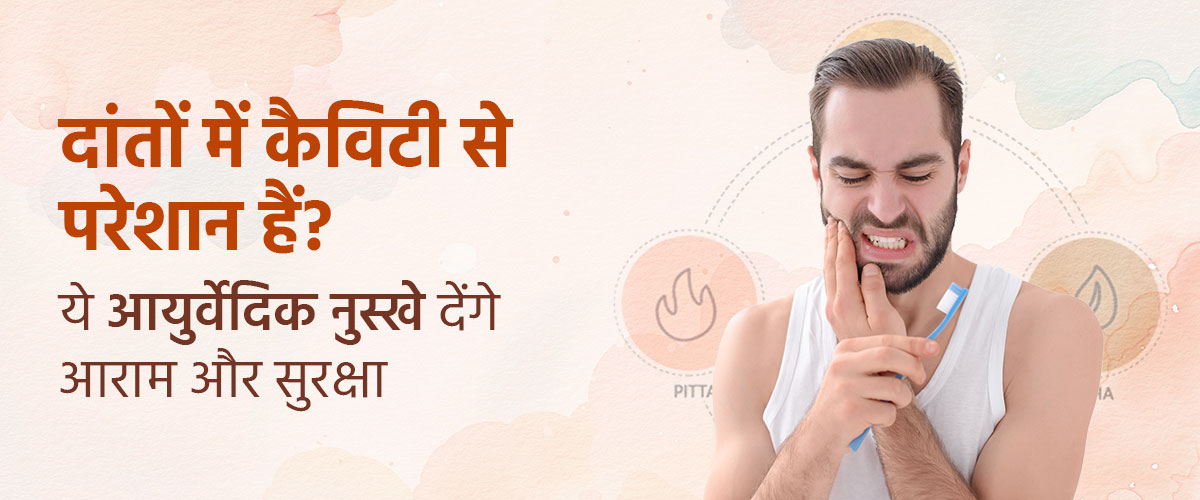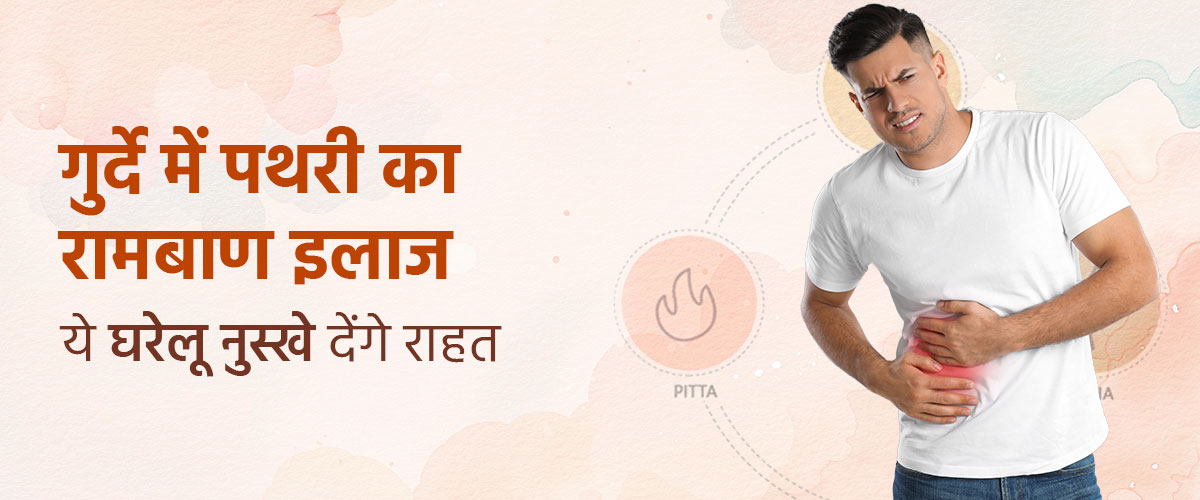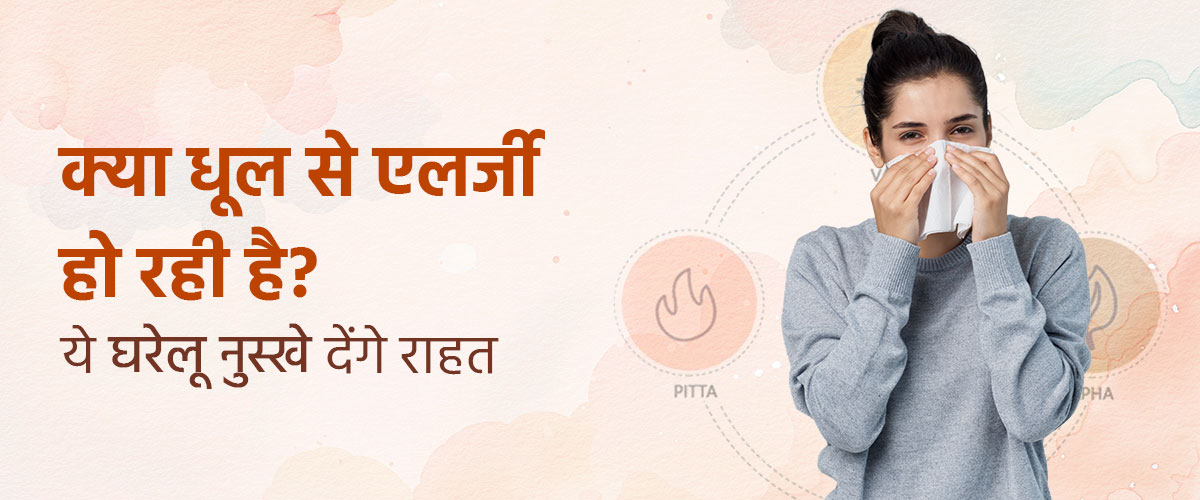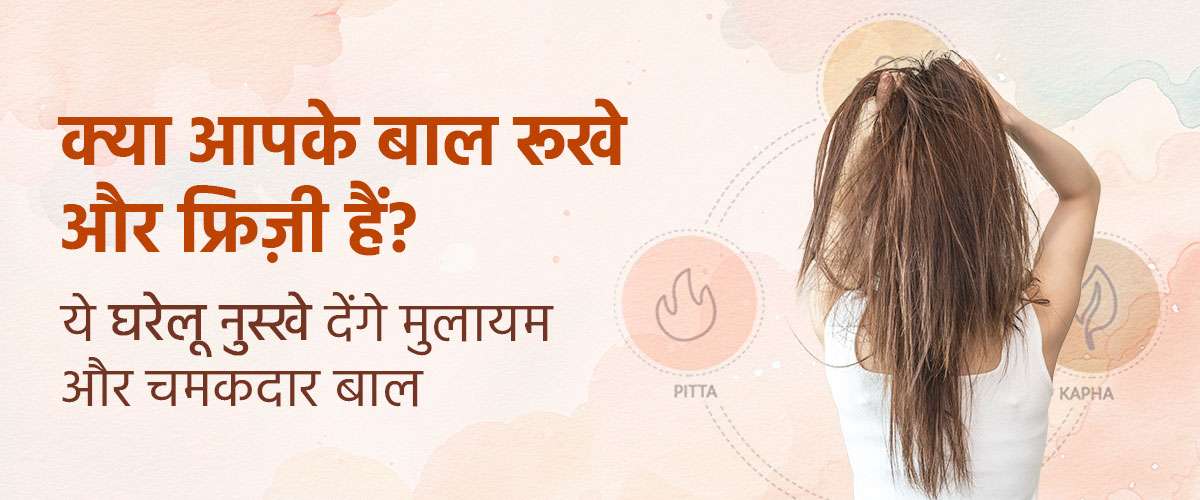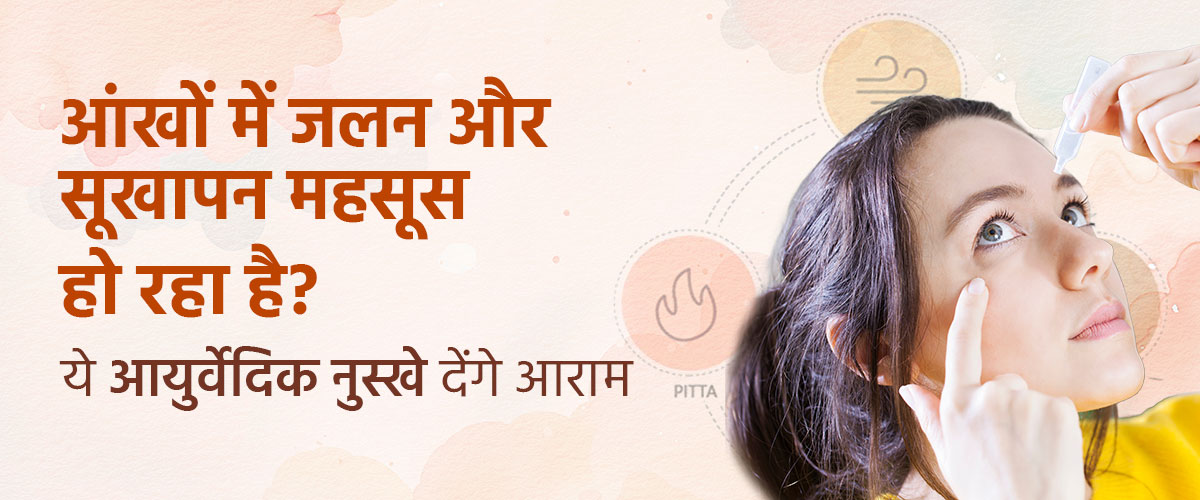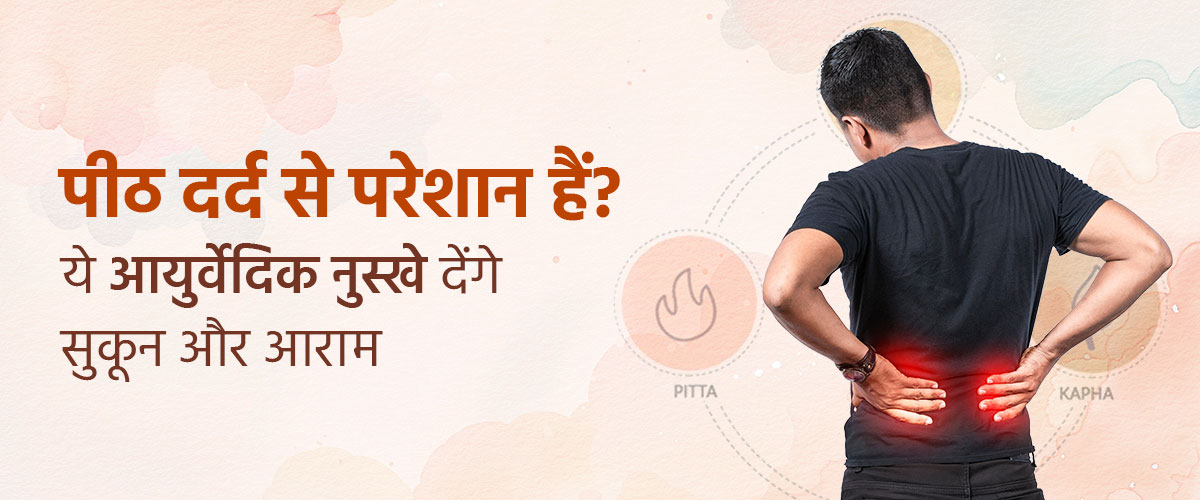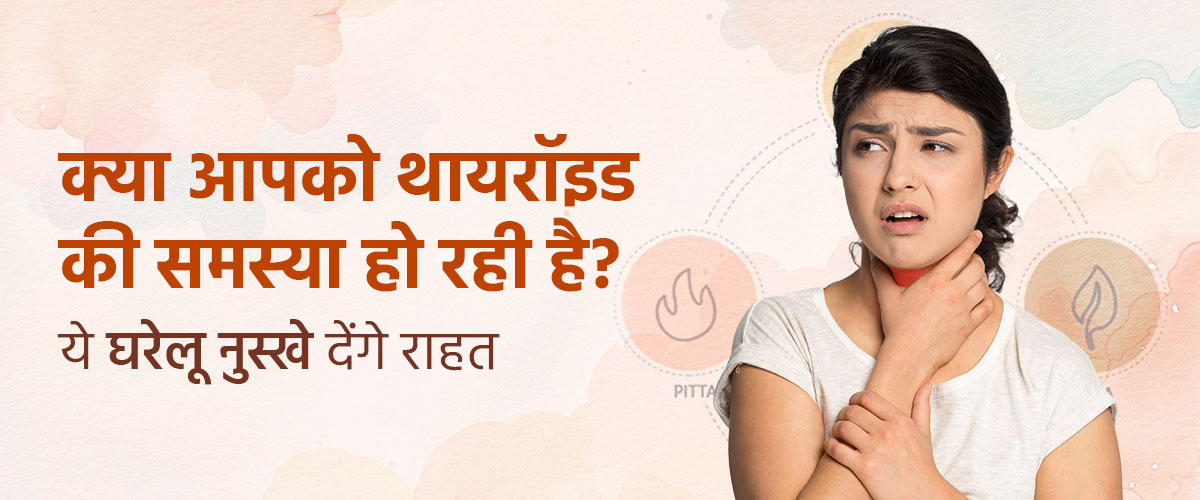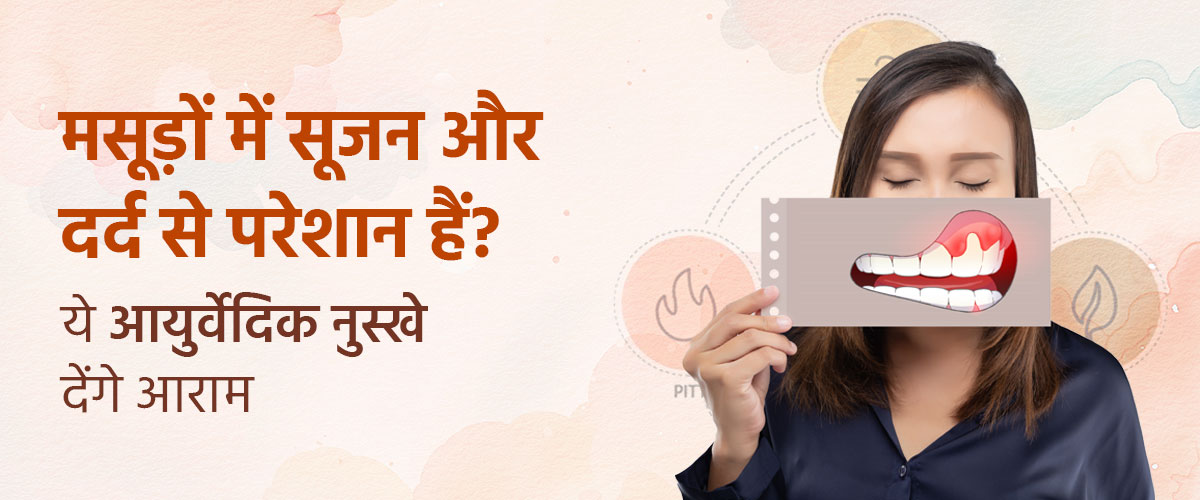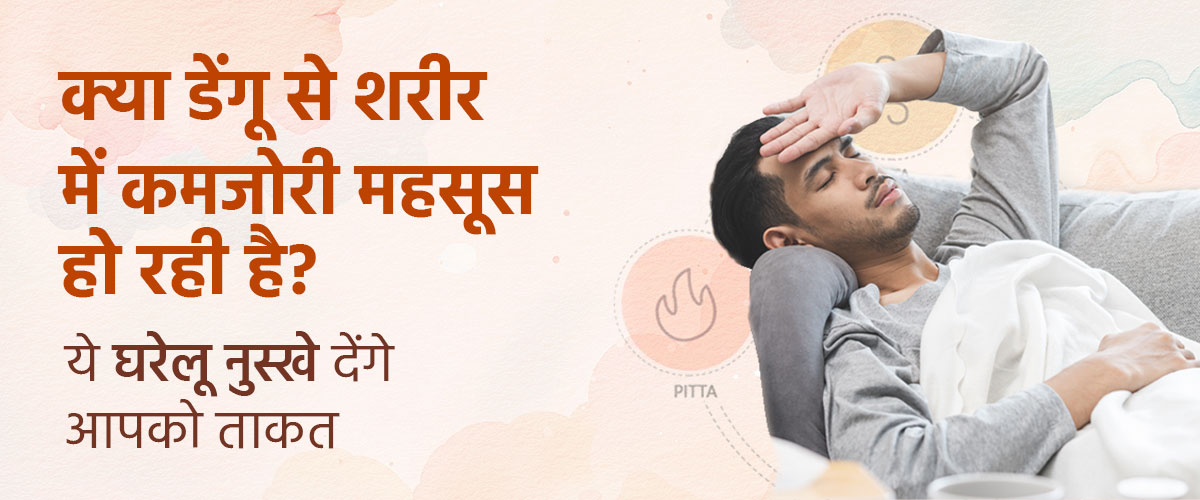Home Remedies for Low BP
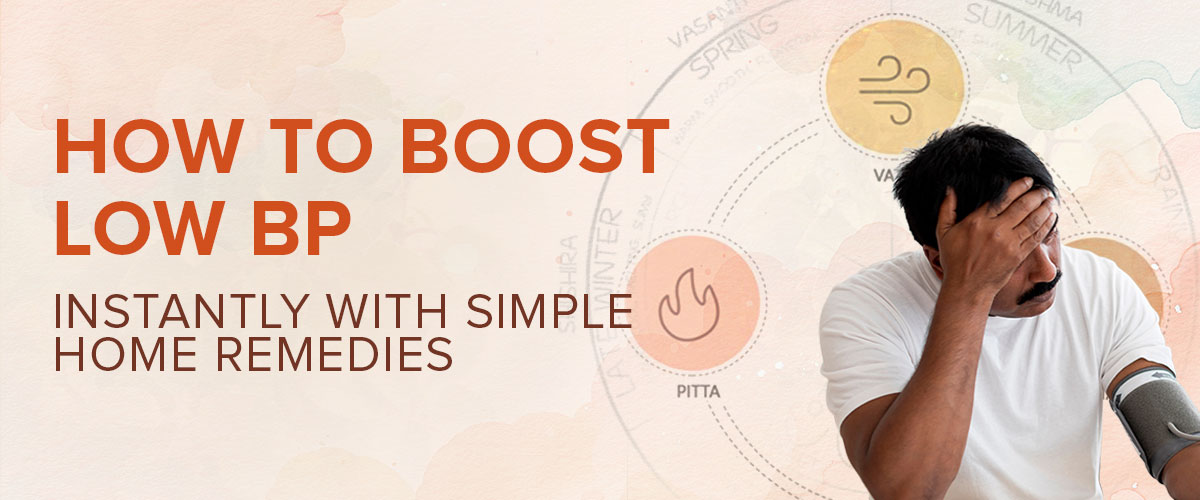
Have you ever felt lightheaded, dizzy, or weak for no apparent reason? It wouldn’t be surprising if, upon checking your blood pressure (BP), you found it to be lower than normal. Low blood pressure can often cause these unsettling symptoms. What’s even more concerning is that many of us dismiss low blood pressure as something insignificant. However, what we often fail to realize is that it can lead to much more serious consequences potentially affecting our overall health and well-being.
With simple home remedies for low BP like increasing your fluid intake or adjusting your diet, you will be able to promote a healthy blood pressure and feel your best every day.
What is low BP?
Low blood pressure, also termed as hypotension, happens when the force of blood against the walls of your arteries is too low. In this case, your brain, heart and other organs do not receive enough blood and oxygen to perform their functions properly. Note that a normal count is typically around 120/80 mmHg, and a reading below 60 mmHg marks as low BP.
Common signs of low BP
- Feeling dizzy
- Fainting
- Blurry vision
- Difficulty in concentrating
- Feeling uneasy or nauseous
- Fatigue
- Nausea
What causes low BP?
There are a variety of factors, ranging from lifestyle habits to underlying health conditions that can cause your blood pressure levels to drop. Some of the common causes could be:
Dehydration : In the midst of modern life's hustle and bustle, it's easy to overlook simple things like staying hydrated. However, when your body loses more water than it takes in, dehydration can set in, leading to weakness or dizziness. As the body becomes dehydrated, the blood volume decreases, which in turn can cause a drop in your blood pressure.
Heart problems: Some specific heart conditions including extremely low heart rate, heart valve problems, heart attack, or heart failure, can lead to low blood pressure.
Loss of blood : Excessive bleeding, whether from an injury or internal bleeding, reduces the overall blood volume in your body. This blood loss can lead to a significant drop in blood pressure.
Endocrine problems : Hormonal imbalances often caused due to conditions like underactive thyroid, adrenal insufficiency, or low blood sugar can trigger low BP.
Medications : Medicines like diuretics, beta-blockers, antidepressants, and other heart-related drugs, can cause side effects and one of them being lower blood pressure.
Nutritional deficiencies : Often the body is unable to produce enough red blood cells due to a lack of essential nutrients like vitamin B12 or iron, which in turn can lead to low BP.
Home remedies for low BP
While many people rely on medications to treat low blood pressure, it's important to recognize that natural remedies offer a safer and more sustainable long-term solution. Here are some time-tested home remedies for BP that you must try:
1. Drink more water
Drinking lots of water helps increase blood volume. Not just water, you can also drink electrolyte-rich fluids such as coconut water for balancing the sodium and potassium levels in your body, both are important for blood pressure regulation.
2. Monitor your salt intake
Excessive sodium can cause a spike in blood pressure, while too little can lead to a drop. To maintain a healthy balance, you must consume salt in moderation. Adding a small amount of salt to your meals can help naturally raise your blood pressure..
4. Enjoy caffeine in moderation
Did you know? Caffeine can temporarily raise your blood pressure. If you are ever feeling lightheaded just drink a cup of coffee or tea but do not over consume.
5. Raise your legs against the wall
If you happen to experience any of the above mentioned symptoms of low BP, then simply elevate your legs to help increase blood flow to your heart and brain. Just lie down and raise your legs against a wall, above the level of your heart for a few minutes. This is perhaps one of the easiest home remedies for low BP.
6. Basil and honey
The adaptogenic properties of basil help regulate blood pressure. Take a few basil leaves, boil them in water, strain the mixture, and add a small amount of honey. This can be safely consumed daily.
7. Ginger tea
Ginger has so many benefits and it has proven beneficial for low blood pressure as well. It not just promotes better circulation but also stimulates the production of blood cells. Make yourself a cup of ginger tea daily by adding fresh ginger to hot water.
8. Include B vitamins in your diet
B vitamins, particularly B12 and folate, are crucial for red blood cell production. A deficiency in these vitamins can lead to anemia, which may contribute to low blood pressure. Ensure your diet includes foods like eggs, leafy greens, and legumes to maintain healthy blood pressure levels.
9. Avoid the heat
Prolonged exposure to heat can cause blood vessels to dilate, which may lead to a drop in blood pressure. During extreme summers, it's important to avoid excessive sun exposure. Stay cool by taking cold water showers, drinking plenty of water, and staying in shaded or air-conditioned areas to help prevent fluctuations in your blood pressure.
Lifestyle and diet recommendations for low BP
Making key lifestyle and dietary changes can be very effective in stabilizing blood pressure levels.
Make exercising a daily habit
Regular physical activity helps improve circulation and strengthens the cardiovascular system, which in turn supports healthy blood pressure levels. Simple exercises like walking, jogging or yoga are some of the options that you can consider - these will not not help in maintaining optimal blood pressure levels but will benefit your overall health.
Stress management
Whether we realise it or not, stress can cause a dip in your blood pressure. Practice easy relaxation techniques like deep breathing exercises, meditation or yoga for effectively and naturally managing stress. Find time to unwind and relax yourself to reduce the risk of sudden drops in blood pressure.
Avoid alcohol
High alcohol consumption can dilate your blood vessels and cause a drop in blood pressure. It’s best advised to avoid it.
Sleep well
A good night’s sleep is essential for overall health and helps regulate blood pressure. Ensure you get a minimum of 7-9 hours of restful sleep each night to allow your body to recover and maintain proper blood circulation. Poor sleep can exacerbate symptoms of low blood pressure, so do not compromise on a restful sleep every night..
Eat almonds
Almonds are rich in healthy fats, vitamin E, and magnesium, all of which play a role in regulating blood pressure. Including almonds in your diet can help improve circulation and provide essential nutrients that contribute to overall heart health and stable blood pressure.
Avoid wearing too tight clothes
Tight clothing can restrict circulation and contribute to low blood pressure. Comfortable loose-fitted clothes on the other hand, allow your body to move freely, promoting blood flow. For example - avoid tight belts, jeans or shoes.
From mindful meals to simple exercises, managing low blood pressure is all about creating a balance in your body. With these simple habits, you'll be able to feel stronger, more energetic, and in control of your health - naturally!



 Prev
Prev
